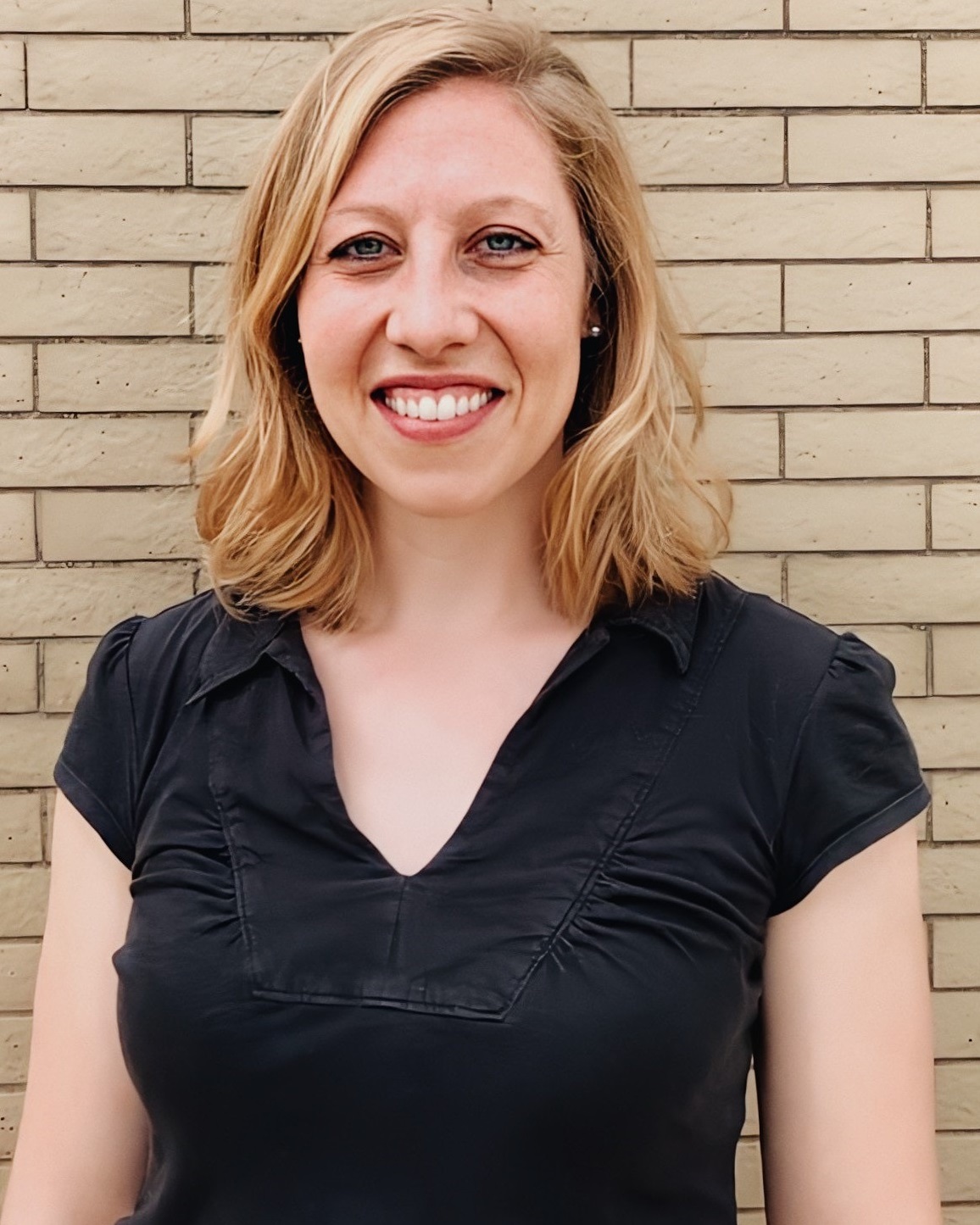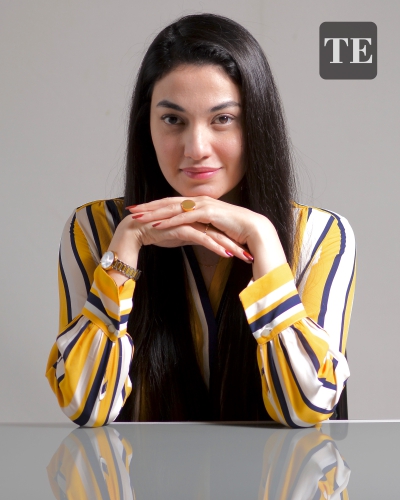As a Korean international student in Indonesia, the amicable relationship between both countries brings sophisticated changes to the society I am involved in. 47 years since the establishment of a formal diplomatic relationship between Indonesia and South Korea, the Korean society in Indonesia has thrived exponentially. Covering 40% of the ASEAN GDP, Indonesia is a developing country with the fourth largest population in the world. Indonesia and Korea are expanding their commerce primarily through the 3000 Korean label companies in Indonesia and the New Southern Policy(NSP), a diplomatic initiative established by the South Korean government to advance trade and security among Southeast Asian nations and India.
Specifically, defense field cooperation is accomplished, making Indonesia the first and only country to produce submarines and next-generation fighters simultaneously. President Joko Widodo made a state visit to South Korea in November 2019 and joined the ‘2019 ASEAN–Republic of Korea Commemorative Summit’ to suggest cooperation in diverse fields including trade, investment, scientific research, education, technology, creative industries, and renewable energy uses. He further advised Indonesian scientists to spread and use the knowledge earned for Indonesia.
Similarly, South Korea’s president Moon Jae In clarified the purpose of the NSP to pursue a people-centric community full of peace and prosperity. This motto consists of three detailed stages- promoting mutual understandings through increased exchanges with ASEAN(People), establishing a future-oriented economic cooperation foundation(Prosperity), and setting strong regional security(Peace). A year after this declaration, a presidential New Southern Policy special committee was planned to carry these missions as an institutional strategy.
Before South Korea and Indonesia’s relationship advanced in the 1970s, the 700 Koreans who settled in Indonesia were called ‘bule’, a term for foreign settlers in Indonesia, and bore the sorrow of leaving their country behind. The majority of these settlers resided in Sumatra and Kalimantan, devoted to forest development. To families with school-aged children, it was normal for the father to work in the forests while the rest of the family stayed in Jakarta for the child’s high-quality education. This is similar to cases in South Korea where a child goes to study abroad often with the mother, while the father stays in the country as the breadwinner or ‘goose father’. Such families are not rare in Korea, a country with strong education fervor where people prioritize their child’s education even 50 years before. With the arousing of general trading companies in the mid-1970s, the Korean society set off in Indonesia.
Since the COVID-19 pandemic struck Indonesia in March, Korean companies and the Korean Association in Indonesia provided socioeconomic support- while manufacturing and trading companies provided face masks and COVID-19 test kits and constructed drive-through clinics, sewing companies created 500,000 anti-contamination clothing with the fabric from Korea. Specifically, the Korean Association in Indonesia donated 10,000 masks to JIKS(Jakarta International Korean School), 12,000 to vulnerable social groups, and 40,000 to Koreans, including regional Korean associations in Kalimantan and Batam.
Simultaneously, the ethical association contracted with Medistra Hospital in Jakarta for Korean residents to easily receive COVID-19 tests with test kits from Korea. The Korean Association in Indonesia further pursued convenience for Koreans to get treatment for the coronavirus through a MOU(Memorandum of Understanding) with the 36 chains of Siloam hospital, the hospital in Indonesia with the most sophisticated medical facilities.
Nonetheless, these service actions are not limited to adults. An 8th grader from Sinarmas World Academy, Jaeyi Kim donated 350 face masks and 300 partially handmade mask necklaces to the charitable organizations and services connected to the school. Along with her first donation, Jaeyi Kim also donated Rp.12,000,000, which she won as the first place of the UCC(User Created Contents) video competition hosted by the Korea Association in Indonesia to commemorate 100 years of Koreans’ immigration to Indonesia.
To add up to the event, the Korean Association in Indonesia presented a congratulating video on September 20, containing the congratulation of Indonesia’s vice president Ma’ruf Amin.He stated, “Indonesia and Korea share a strong bond of history. We have experienced the pain of losing our country, the victory of independence, and the growth of the economy and society. We should never neglect the cooperation and help each side received to thrive in education, export and import activities, and medical treatment for the COVID-19 pandemic.”
“By donating my prize to charitable organizations associated with the school, I can help underprivileged minorities economically and mentally. Congratulating the 150th and 200th anniversary of this milestone, I believe that the protagonists will be us and our descendants.” Jaeyi Kim stated. With the continuation of such donations, not only the COVID-19 pandemic will spread, but a happy virus of benevolence and consideration will be spread globally. Continuing their socioeconomic cooperation, Korea and Indonesia’s win-win relationship reaches out to forest development and preservations. For instance, the start of this relationship was
significantly marked in 2005 by an assistance development project by the Korea International Cooperation Agency (KOICA) to restore the coastal mangrove forests destroyed by the tsunami that struck Sumatra. This investment was continued throughout 2006 by the opening of a modern tree nursery business in Rumpin, Bogor. In 2011, the Ministry of Forestry of the Republic of Indonesia and Korean Forest Service established the Korea Indonesia Forest Center(KIFC) in the Ministry of Forestry of the Republic of Indonesia. This organization has a joint response system that improves the ecotourism, peat restoration, forest fire management, bioenergy production and climate change in both countries.
Standing in the place of a foreign student studying in Indonesia, these intercultural relationships and development improves cross-cultural studying by bringing psychological and social benefits and understandings between international and domestic students. The exchange of culture enables diversified school events such as International Day, international food and clothings fests, exchange programs and international debates. Being in a melting pot of multiple cultures, students have more possibilities to use ‘soft powers’— including the access to diplomacy, foreign assistance and leadership overseas— and develop multicultural bonds in work or among their friends.
Living in Indonesia, we often search for the connections with our homeland unknowingly. This may be the fate of diasporas (migrators from a foreign country) living on the equator. Working as a compass to lead us towards prudence, our parental generations give us the reason to show off our talents jumping over borders. The blood, sweat and tears shed in an exotic land will dry meaningfully to illuminate our future, not only to Koreans but to all who cultivate their lives overseas. The duty to prosper another history is up to us, for we are the protagonist of the next century.
ABOUT WRITER
Call me Jaeyi Kim. I am a scholarship student who currently attends eighth grade in Sinarmas World Academy. I have always been engaged in writing. My writings were never limited to formal standards. Watching each word added to my writings, I felt awe that such minor change could drive its mood to a completely different view. My dream is to become a doctor full of dignity and passion, treating each and every patient with sincerity. Apart from Sinarmas World Academy’s student reporter, I also work as the student reporter of HanInPost, a newspaper company that promotes Korea’s culture in Indonesia, as well as a scholarship student of the Cambridge Creative Writing Summer Programme in the upcoming August.




